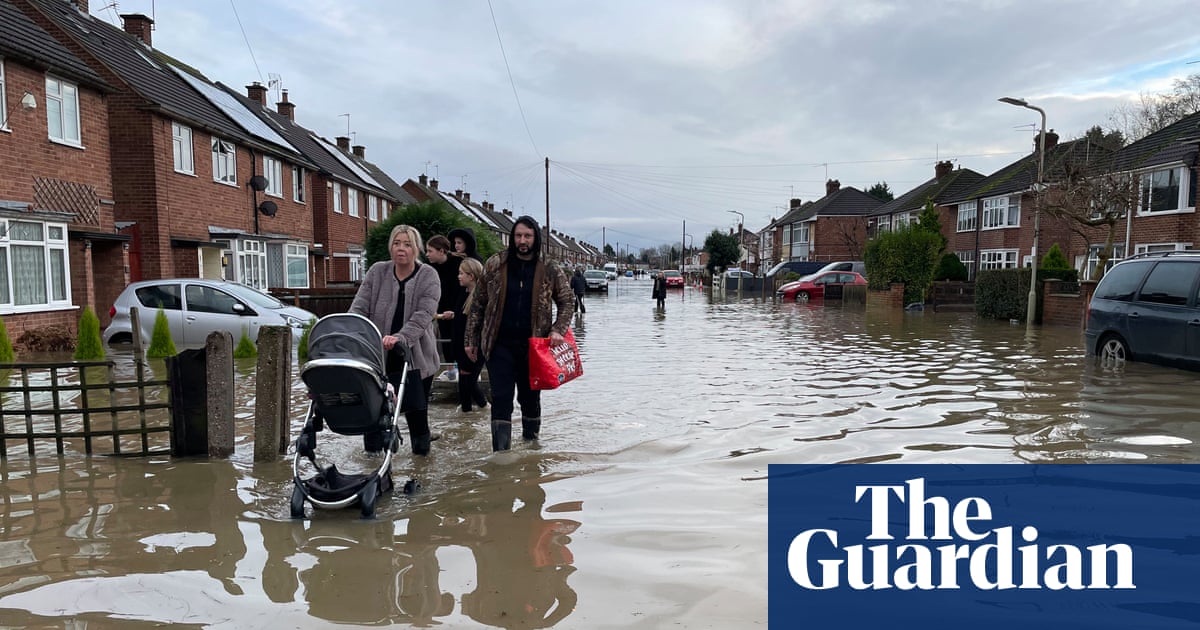
Agency launches emergency aid operation
BEIRUT: Emergency relief operations are underway in Lebanon in a desperate bid to prevent thousands of Syrian refugees freezing to death as another icy storm heads their way.
Aid workers fear that a blizzard, forecast to sweep across the country, poses a serious threat to the lives of up to 70,000 refugees living in makeshift camps.
Gihan El-Kaissi, executive director of the Union of Relief and Development Associations (URDA), told Arab News: “The majority of Syrian refugee camps are in the coldest parts of Lebanon. Even if every refugee could shelter under 10 blankets, they would still freeze to death without fuel oil for heating.”
Snow storms that battered Lebanon last week destroyed plastic tents, leaving 11,000 refugees with no shelter and many enduring temperatures as low as minus 10. In Miniyeh, in northern Lebanon, a 10-year-old girl died after being washed away in floods.
Around 850 refugee camps have been set up throughout Lebanon, housing an estimated 40,000 children.
El-Kaissi said: “We have emergency plans in place to distribute fuel oil, blankets and mattresses as a priority. We are also working hard to mend damaged tents and have begun sending out awnings to be placed over them.” She added that many children had nothing to wear on their feet and hundreds of pairs of shoes were being dispatched to camps.
In the Lebanese border town of Arsal, male refugees were reported to be working around the clock to clear snow off tents and erect wooden supports to prevent the flimsy structures from collapsing.
Abu Mohammed, a Syrian refugee from Qusayr, said most people who had fled from his town wished to return to Syria, but he said they were being prevented by the Syrian authorities.
The UN High Commissioner for Refugees (UNHCR) representative in Lebanon, Mireille Girard, told Arab News that a lack of official refugee camps in Lebanon was adding to the crisis.
She said 20 percent of refugees in Lebanon were living in camps set up in areas vulnerable to flooding, while many others lived in part-built houses, basements and garages. Hundreds of families had been forced to move into makeshift camps because they could not afford to rent apartments, Girard said.
She added that UNHCR officials were in constant discussions with the Lebanese authorities over the plight of Syrian refugees. “They (the refugees) are not waiting for a plan to reconstruct Syria. They want to return to their country and their homes,” she said.
The agency now has eight offices in Syria to help support families returning there.








